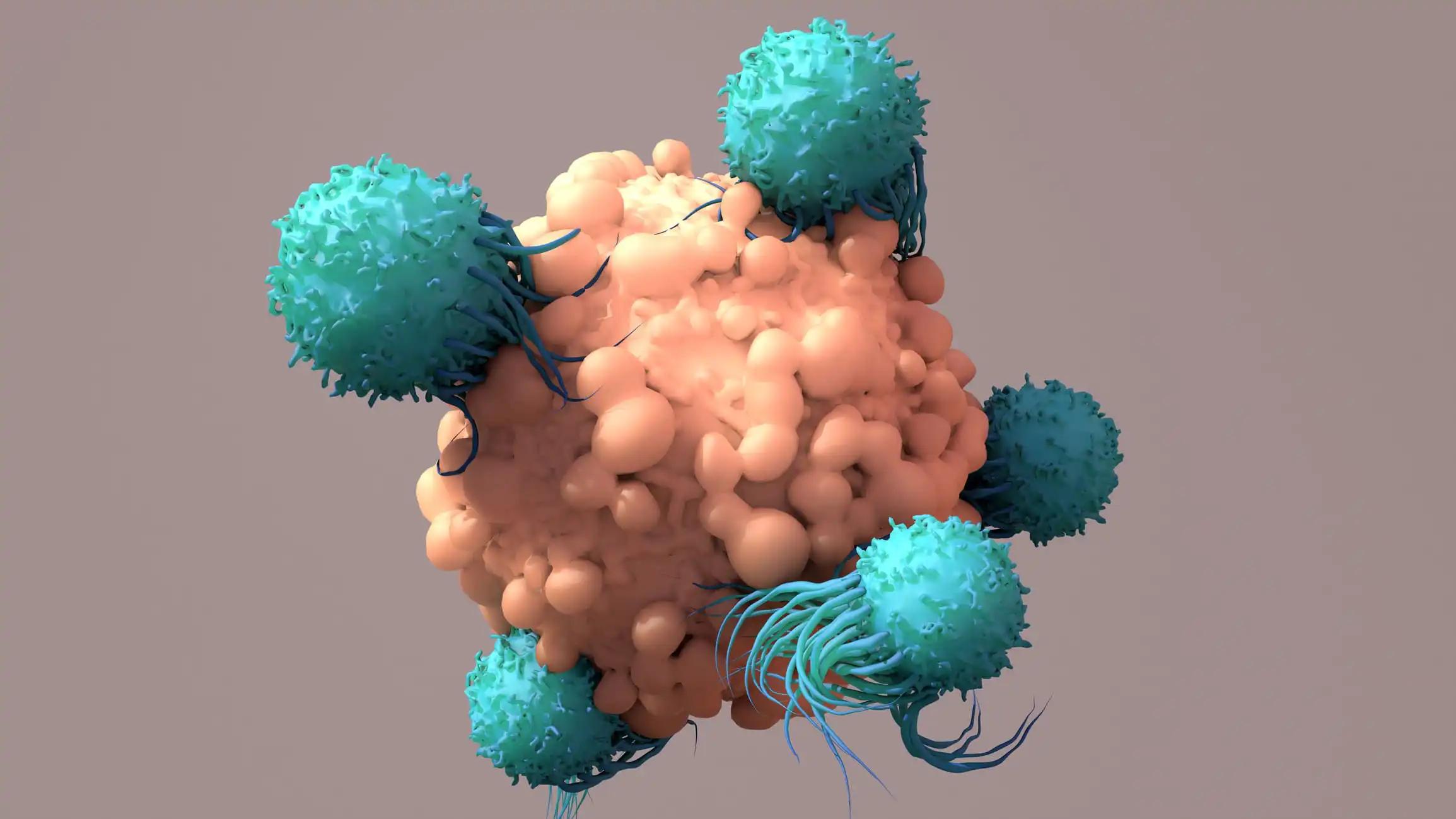KEY TAKEAWAYS
- The phase 3 KEYNOTE-355 (NCT02819518) study’s primary aim was to assess the PFS according to the RECIST version 1.1 and OS in patients with PD-L1 CPS of 10 or higher.
- The method involved randomly allocating patients in a 2:1 ratio to receive either pembrolizumab 200 mg or placebo Q3W for 35 cycles.
- The study observed a significant improvement in PFS and OS in patients who received pembrolizumab in combination with chemotherapy.
- The study involved 87 participants in Japan, out of which 76% had PD-L1 CPS ≥1 and 32% had PD-L1 CPS ≥10.
- The study concluded that administering pembrolizumab with chemotherapy showed a tendency toward OS and PFS enhancements.
In the global, phase 3, randomized controlled trial KEYNOTE-355, it was observed that the administration of Pembrolizumab in combination with chemotherapy resulted in a significant improvement in progression-free survival (PFS) and overall survival (OS) when compared to the administration of placebo in combination with chemotherapy. This was observed in patients with previously untreated locally recurrent inoperable or metastatic triple-negative breast cancer with tumor programmed cell death ligand 1 (PD-L1) combined positive score (CPS) ≥10. The study presented findings about patients who were registered in Japan. It involved a randomized allocation of patients in a 2:1 ratio to receive either pembrolizumab 200 mg or placebo Q3W for 35 cycles, in addition to chemotherapy comprising nab-paclitaxel, paclitaxel, or gemcitabine–carboplatin.
The primary endpoints of the study were progression-free survival (PFS) according to the Response Evaluation Criteria in Solid Tumors (RECIST) version 1.1, as assessed by an independent central review that was blinded to the treatment group, and overall survival (OS) in patients with programmed death-ligand 1 (PD-L1) combined positive score (CPS) of 10 or higher, PD-L1 CPS of 1 or higher, and the intention-to-treat (ITT) population. An alpha value was not designated for this preliminary examination. A total of 87 participants were subjected to randomization in Japan. The participants were divided into two groups, namely pembrolizumab plus chemotherapy (n = 61) and placebo plus chemotherapy (n = 26). Among the participants, 76% (n = 66) had PD-L1 CPS ≥1, while 32% (n = 28) had PD-L1 CPS ≥10. The median duration from randomization to data cutoff on June 15, 2021, was 44.7 months in the intention-to-treat (ITT) population, ranging from 37.2 to 52.9 months. The hazard ratios (HRs) with a 95% confidence interval (CI) for overall survival (OS) were 0.36 (0.14–0.89), 0.52 (0.30–0.91), and 0.46 (0.28–0.77) in the populations with programmed death-ligand 1 (PD-L1) combined positive score (CPS) of ≥10, PD-L1 CPS ≥1, and intention-to-treat (ITT), respectively.
The hazard ratios (95% confidence intervals) for progression-free survival were 0.52 (0.20-1.34), 0.61 (0.35-1.06), and 0.64 (0.39-1.05). Grade 3 or 4 adverse events related to treatment were observed in 85% of patients in both groups, with no occurrences of grade 5 events. In line with the worldwide populace, the administration of pembrolizumab in conjunction with chemotherapy demonstrated a tendency towards enhancements in overall survival and progression-free survival while maintaining manageable toxicity levels compared to the administration of placebo in conjunction with chemotherapy in Japanese patients.
Source:https://onlinelibrary.wiley.com/doi/10.1002/cam4.5757#cam45757-tbl-0001
Clinical Trial:https://clinicaltrials.gov/ct2/show/NCT02819518
Hattori, M., Masuda, N., Takano, T., Tsugawa, K., Inoue, K., Matsumoto, K., Ishikawa, T., Itoh, M., Yasojima, H., Tanabe, Y., Yamamoto, K., Suzuki, M., Pan, W., Cortes, J. and Iwata, H. (2023). Pembrolizumab plus chemotherapy in Japanese patients with triple‐negative breast cancer: Results from KEYNOTE‐355. Cancer Medicine. doi https://doi.org/10.1002/cam4.5757.



